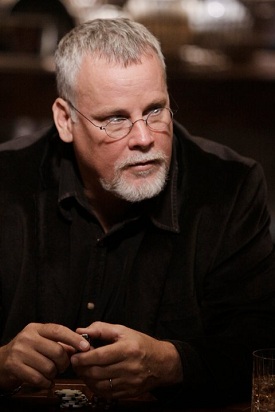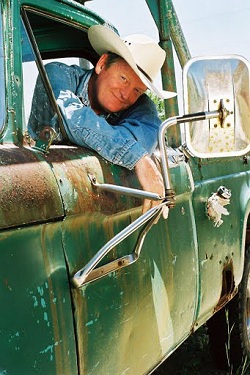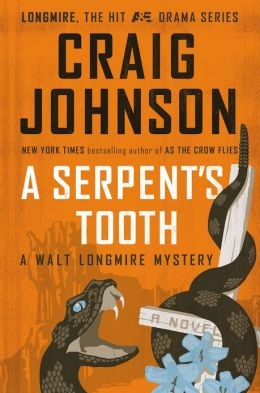
I had been planning to write a blog about this season of TV dramas that have intrigued me.
But before I could begin my essay, it was announced that one of my top shows, Southland, has been canceled.
And Southland deserves its own essay.
While I was a fan of Southland from the first episode, I can’t say I am surprised that TNT has decided not to review the police drama for a sixth season.
Southland ran for one season on NBC before TNT picked it up for four more seasons.
While its low ratings improved on TNT, Southland always was hanging by a thread, never quite achieving the following of The Closer, Major Crimes or Rizzoli & Isles.
Southland also was probably the best drama that most people never saw.
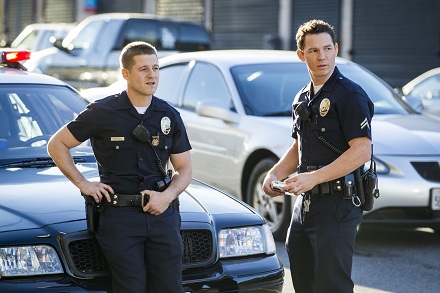
Last year’s new cop show Southland seemed to signal a new turn in police drama. Southland’s gritty, realistic approach harked back to Hill Street Blues and Homicide: Life on the Streets – dramas that were believable and felt almost unscripted.
And we did feel as if we were watching a documentary rather than actors who included Ben McKenzie and Regina King.
Southland’s plots turn on the little dramas and big problems that the cops endure daily, both professional and personal.
It was easy to be drawn into the characters’ personal lives that affected their professional lives.
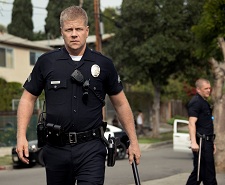 Ben McKenzie left far behind his days on The O.C. On Southland, he played Ben Sherman who started the series as an idealistic rich boy wanting to make a difference. His descent into becoming a corrupt cop was disheartening to watch, yet felt realistic and added to the show’s tension.
Ben McKenzie left far behind his days on The O.C. On Southland, he played Ben Sherman who started the series as an idealistic rich boy wanting to make a difference. His descent into becoming a corrupt cop was disheartening to watch, yet felt realistic and added to the show’s tension.
Regina King’s Detective Lydia Adams began the series torn between pressure on the job and at home where she is her mother’s primary caregiver. Then she became a single mother juggling her son and her mother.
The most intriguing character was intense veteran John Cooper, superbly played by Michael Cudlitz. A tough man, a lonely man, an excellent cop, a rage-filled man, John Cooper also was gay. As he once said, “being gay is not my problem.” And wasn’t. 
The scriptwriters and producers were careful to show John’s problems came from various sources but never his sexuality.
This last season saw John put through tremendously harrowing situations that chipped away at his sanity.
Cudlitz was excellent in this role, turning in Emmy-worthy performances week after week. He showed pain and world-weariness in each movement.
This season’s last episode and, as it turns out, the series’ finale wrapped up some plot threads but also had an ending that could be taken several ways.
I wanted the next season to start with hope, that what we think happened didn’t happen.
But perhaps that wouldn’t have been real and Southland was all about realism, as gritty as it could be.
PHOTOS: Top: Dorian Missick, Regina King; Second: Ben McKenzie, Shawn Hatosy; Third: Michael Cudlitz; Bottom: Regina King, left, Dorian Missick, right. TNT photos

